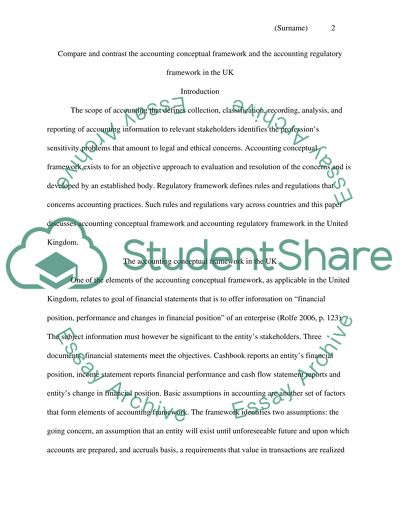Cite this document
(“Compare and cotrast the accounting conceptual framework and the Essay”, n.d.)
Retrieved from https://studentshare.org/finance-accounting/1489123-compare-and-cotrast-the-accounting-conceptual
Retrieved from https://studentshare.org/finance-accounting/1489123-compare-and-cotrast-the-accounting-conceptual
(Compare and Cotrast the Accounting Conceptual Framework and the Essay)
https://studentshare.org/finance-accounting/1489123-compare-and-cotrast-the-accounting-conceptual.
https://studentshare.org/finance-accounting/1489123-compare-and-cotrast-the-accounting-conceptual.
“Compare and Cotrast the Accounting Conceptual Framework and the Essay”, n.d. https://studentshare.org/finance-accounting/1489123-compare-and-cotrast-the-accounting-conceptual.


